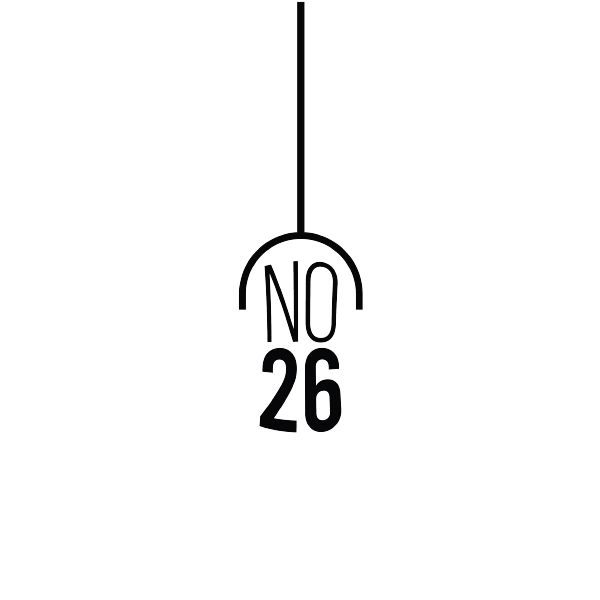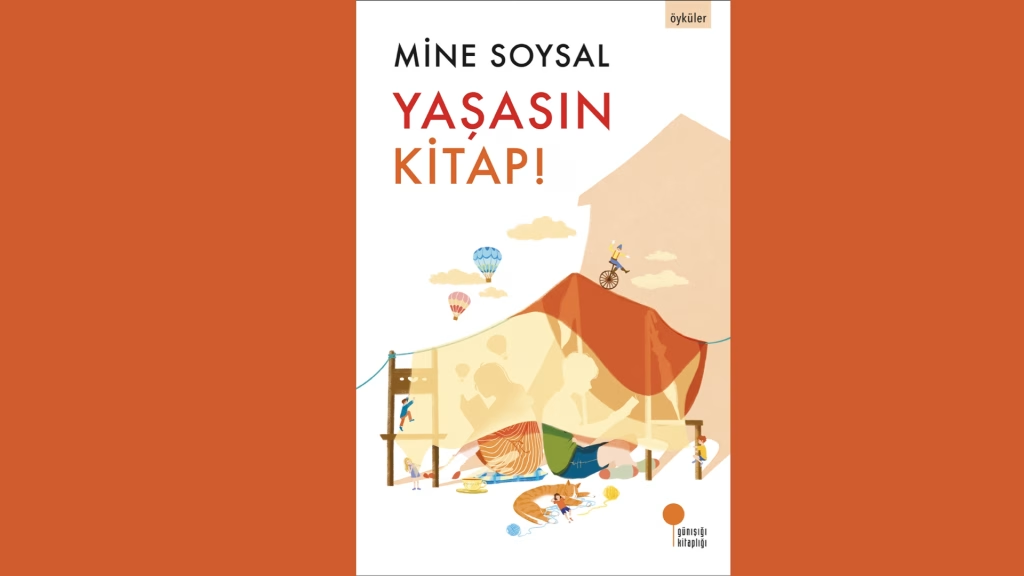Elbow (2024) by Aslı Özarslan — A Story of Rage and Belonging from Berlin to Istanbul

Imagine a story that begins in Berlin’s backstreets: a young woman searching for her identity, clashing with society’s boundaries, and ultimately finding refuge in her rage. Directed by Aslı Özarslan, Elbow (Ellbogen), adapted from Fatma Aydemir’s award-winning novel, is a raw and emotionally gripping coming-of-age tale. Centering on 17-year-old Hazal, the film unflinchingly explores the weight of migrant identity in Germany, systemic discrimination, and the despair of not belonging.
A tragedy on her birthday night propels Hazal from Berlin to Istanbul—a city she assumes is tied to her roots but which she doesn’t know. This journey is as much about identity as it is physical. Özarslan frames it not as an escape but as a confrontation. Hazal’s rage reflects years of suppression. The film positions her neither as a hero nor a victim but as a voice trapped at the world’s edge.
At the heart of the film is Melia Kara, a non-professional actor whose presence lends an almost documentary-like authenticity. Her performance, built through street slang, gestures, and silences, carries an internalized honesty. The camera often locks onto her face; the absence of wide shots makes Hazal’s constricting world palpable to the viewer. Berlin’s gray tones give way to Istanbul’s chaotic warmth, visually representing the fluidity of belonging.
Özarslan’s cinematography is a standout example of “New European Realism.” This style portrays the overlooked facets of cities—suburbs, migrant neighborhoods, cramped homes, unemployment—with direct observation. Eschewing flashy soundtracks or aesthetic compositions, Elbow leans into the bleak tones of reality. The film unfolds in an atmosphere woven with natural light, urban noise, and tight framing.
Yet, Elbow is not just social critique—it’s a paradox of belonging. In Berlin, Hazal is a “foreigner”; in Istanbul, she’s the “German girl.” No matter where she goes, the sense of not belonging follows. The film underscores that migrant identity is not just geographical but emotional. The idea of “returning home” becomes both a physical and psychological illusion.
Like Aydemir’s novel, the film doesn’t shy away from unsettling its audience. Understanding the reasons behind Hazal’s rage isn’t about justifying her actions but hearing a collective cry against the system. Throughout, Hazal is both victim and perpetrator—this duality lends the story its deepest resonance.
Elbow premiered at Berlinale 2024 in the Generation 14plus section, earning nominations for the Crystal Bear and Best First Feature. It also garnered nominations for Best First Film and Best Actress at the German Film Critics Association Awards. With five awards and six nominations so far, the film stands as a powerful example of the rise of new-generation female directors in European cinema.
Critics call it “uncomfortably honest.” Cineuropa describes it as “a dark yet controlled film with purpose in every frame,” while Harvard Crimson praises its cinematography as “a suffocating yet compelling metaphor for belonging.” Elbow speaks with disquieting honesty about the unseen violence of being young, migrant, and female in modern Europe.
Apartment No: 26 Note
Aslı Özarslan’s Elbow lays bare the migrant youth’s struggles with identity, rage, and belonging in Europe. Politically potent, emotionally unsettling, yet honest in every frame, Özarslan’s vision blends sociological and poetic storytelling. Hazal represents not just an individual but a generation trapped within systems. You might find it hard to breathe while watching—but that’s precisely why this film is one of the most vital stories in today’s European cinema.























